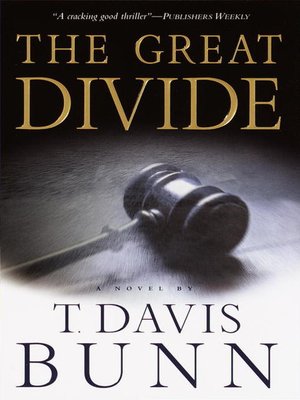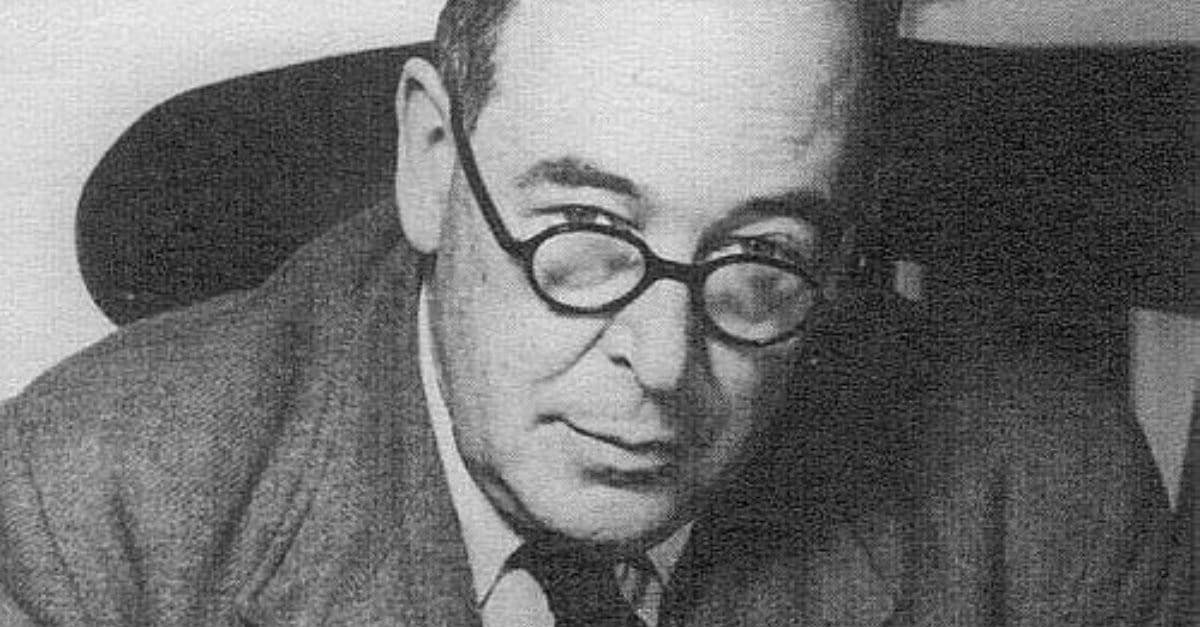
This of course connects to this brilliant little Hasidic story (shared by John O'Brien): A rabbi asked his students how they could tell when the dawn had come and morning prayers could be said. So, after visiting Heaven most of the visitors return to Hell, not because they are not welcome, but because they cannot give themselves to love. It is Hell that is ghostly and insubstantial, because people are free to choose not to love, and it is that failure that condemns them to their own Hell. But, as Lewis suggests, Hell can exist because God cannot force us to love. The second problem is that, particularly today, we struggle to see how God can allow Hell to exist. So, when the narrator arrives in heaven, on a day’s bus trip from Hell, he finds he can barely walk, for the grass is too sharp for his feet.


But, as Lewis shows us, this cannot be right heaven cannot be less real than earthly reality - it must be more real. The first problem is our tendency to imagine heaven as somehow less real than ordinary life, all ghostly and spiritual. Lewis delights in taking worries or philosophical problems and turning them on their heads. Indeed, if he were around for his work to by hyper-analyzed by the Facebook theologians, he may well have experienced the ostracization so common for our edgier leaders today.The Great Divorce by C S Lewis is a wonderful thought piece on the subject of what will happen after death. Any thought leader who expresses an unpopular opinion is likely to be dismissed entirely, their works thrown in a furnace, they themselves banned, excommunicated and sent off to our social media pillories.īut Lewis did have beliefs that would not sit well with today’s audiences. Twitter has made controversy the memorable part of today’s public personalities. Lewis missed the digital age, which means his great body of work is mostly remembered for the parts of it that have been accepted-not for its controversy.

In fact, he did more than most people realize. If Lewis’ only achievement had been the creation of Reepicheep, it would have secured his place in literature. Lewis, whose rare and beautiful coupling of an indomitable mind and a sparkling imagination make for some of the most gripping writing on Christian thought a person could hope to read. Few figures loom larger over the past century of Christianity than C.S.


 0 kommentar(er)
0 kommentar(er)
